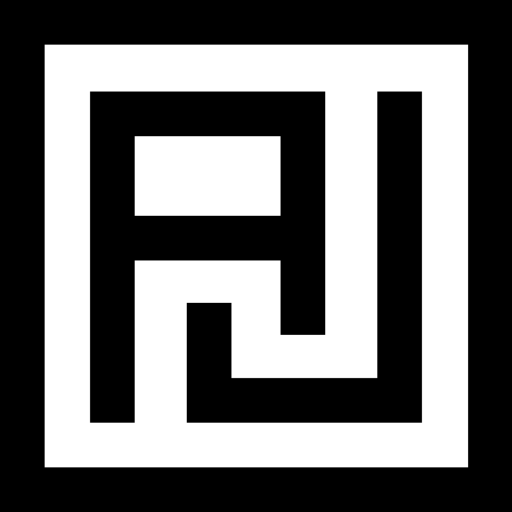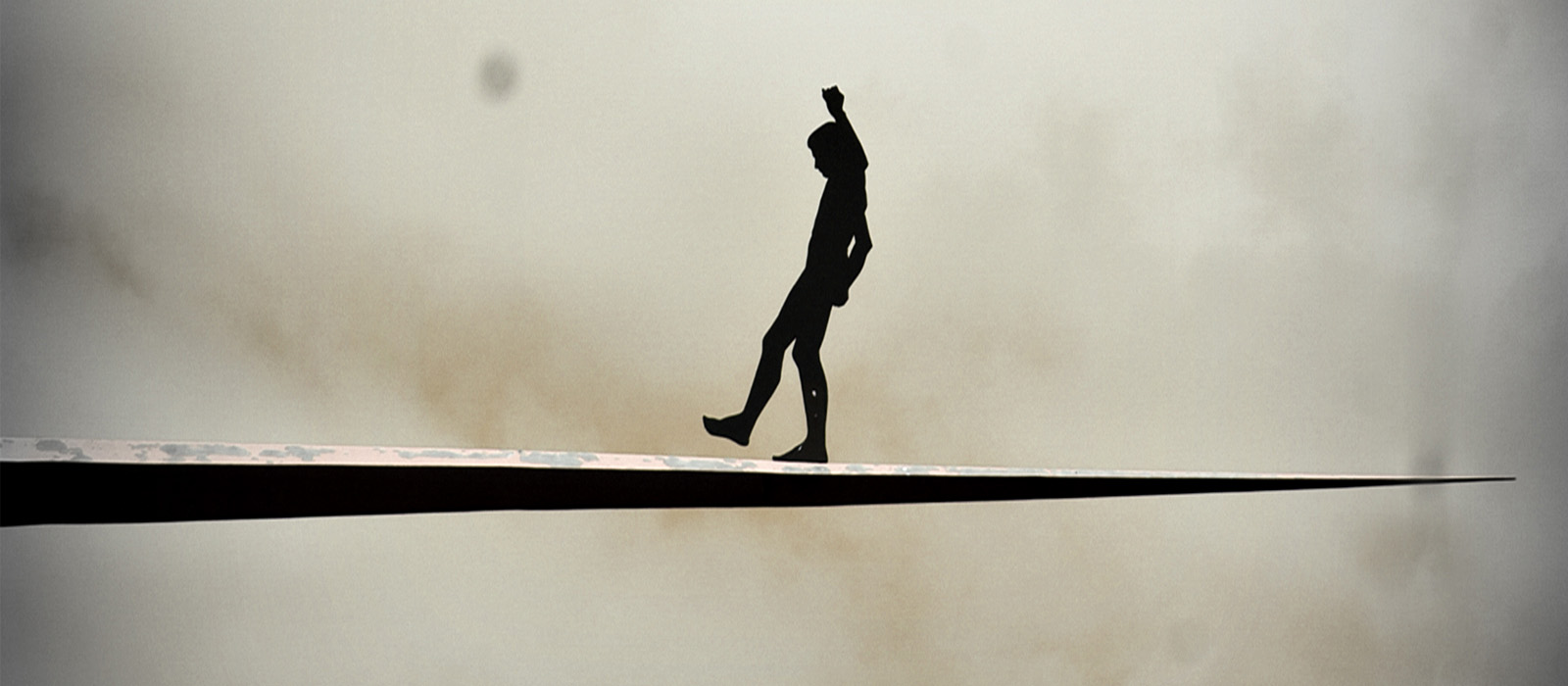One of my worst habits is also probably one of my best habits: a desire to learn. I love spending my time reading and learning about new things, exploring new ideas and domains.
The problem for me is balance. Don’t get me wrong, learning is important, but not if you can’t keep it in balance with doing.
This is the trap I’ve fallen into far too often.
I just keep learning and learning and learning and I forget to create. I needed to understand why, so I took a closer look at this behavior and found three clear reasons.
1. It’s a Worthy Endeavor
No matter how out of balance I am, I still greatly value and know the importance of learning. It’s not a complete and utter waste of time, like watching Netflix all day or playing video games all night.
I’m exercising my brain, which leads me to reason number two.
2. It Feels Productive
Learning feels like working. It feels productive and it is to an extent. The problem is when it prevents you from taking action, from doing and creating.
While learning all day is productive, it also prevents you from doing more. The key is realizing what you give up by spending more time on knowledge and less on creation.
3. It’s Easier Than Real Work
Ultimately, the reason these are so out of balance is because learning is simply easier. There are no expectations and no requirements. It’s a one way street, where you just absorb information.
The harder part is going the other way and sharing what you know, which is what I’ve struggled with.
Learning is not just knowing what to do, but doing what we already know.Nourma F. Fauziyah
All that learning is useless if we don’t put it to use. After better understanding why I did what I did, I’ve realized I needed ways to make sure I don’t continue falling in this same trap.
This led me to a few simple solutions to keep me honest and balanced with my time.
Limit learning during a day
The first and most obvious solution is simply to cap how much time you dedicate to learning during a day. While this isn’t the perfect solution, as sometimes you just need more input to achieve your output, it gives you some much needed structure.
Allow yourself one to two hours of learning time a day and make sure the rest is dedicated to creating.
Make learning the reward
On the other hand, you can actually use learning as a reward for your hard work and achievements. By making learning dependent on creating, you have extra incentive to get your work done.
Otherwise, which is often the case for me, I learn, but then don’t create because I get tired. I feel OK about it because it was still productive, but ultimately I’m just fooling myself. Using learning as the reward can prevent this behavior.
Only learn in cycles
The most extreme approach is to completely separate the two, so that you only do them in cycles. For example, you give yourself a project that will take a month to complete and you already have the core knowledge to achieve it.
During this month, all you do is create. Once you’re done, you get a period of learning or input, to recharge and prepare for the next project or idea.
This approach separates these practices for longer periods of time, but still keeps you focused on one or the other.
Balance between knowledge and work is what allows you to walk the fine line between inspiration and achievement.
Finding balance between consumption and creation is the key. You get burnt out if you focus too heavily on creation. Alternatively, you get nothing tangible achieved if you only consume.
Make sure it’s a give AND take relationship. Find the balance.
Image via flickr

